Homeowners Associations (HOAs) manage sensitive data, including financial records, personal homeowner information, and legal documents. With cyber threats on the rise, ensuring robust cyber protection, website security, and email security is no longer optional—it’s a necessity. A single breach can lead to financial loss, legal liabilities, and a loss of trust among residents.
Why Cybersecurity Matters for HOAs
1. Protecting Sensitive Homeowner Data
HOAs collect and store personal information, including:
-
Names, addresses, and contact details
-
Financial data (bank accounts, payment histories)
-
Legal documents (CC&Rs, bylaws, meeting minutes)
A data breach could expose this information, leading to identity theft, fraud, or legal consequences for the HOA.
2. Preventing Financial Fraud & Scams
Cybercriminals often target HOAs because they handle regular financial transactions, such as:
-
Banking
-
Vendor payments
-
Reserve/savings fund management
A compromised email or website could lead to fake invoices, phishing scams, or unauthorized fund transfers.
3. Maintaining Trust & Reputation
If an HOA’s website or email system is hacked, residents may lose confidence in the board’s ability to protect their information. A breach could also lead to:
-
Negative publicity
-
Homeowner disputes
-
Legal action for negligence
4. Avoiding Legal & Compliance Risks
Depending on state laws, HOAs may be required to implement reasonable cybersecurity measures. Failure to do so could result in:
-
Fines for non-compliance (e.g., under data protection laws)
-
Lawsuits from affected homeowners
Key Cybersecurity Measures for HOAs
1. Secure Your HOA Website
-
Use HTTPS (SSL encryption) to protect data transmitted through forms (e.g., payment portals).
-
Keep software & plugins updated to prevent vulnerabilities.
-
Implement strong passwords & multi-factor authentication (MFA) for admin access.
-
Regularly back up website data to recover from attacks.
2. Strengthen Email Security
-
Train board members & staff on phishing scams (fake invoices, impersonation attacks).
-
Use email encryption for sensitive communications.
-
Check for suspicious sender addresses (e.g., president@hoa-support.com instead of @yourhoa.org).
-
Enable DMARC, DKIM, and SPF to prevent email spoofing.
-
Avoid sending sensitive data (like account numbers) via unsecured email.
3. Protect Financial Transactions
-
Use secure, verified payment processors (avoid direct bank transfers via email).
-
Require dual approvals for large transactions to prevent fraud.
-
Monitor bank accounts for unusual activity.
Cyber threats are evolving, and HOAs must take proactive steps to safeguard their digital assets. By implementing strong website security, email protections, and financial controls, HOAs can reduce risks and maintain homeowner trust. Is your HOA protected?
What the HOA Should Do If Their Email is Hacked
1. Secure the Account
- Change the password immediately. Make sure to create a strong, unique password that combines uppercase and lowercase letters, numbers, and special characters.
- Enable two-factor authentication (2FA) if possible. This adds an extra layer of security requiring a code from another device or email address to log in.
- Review account settings for any unauthorized changes like forwarding rules or linked accounts.
2. Assess the Damage and Contain the Breach:
- Determine the extent of the breach: What information was accessed or potentially accessed? This might include sensitive homeowner information, financial records, or communication with residents.
- Isolate affected systems: If the hack involved other computer systems or networks, seek assistance from a cybersecurity professional to isolate and secure them.
3. Notify Affected Individuals and Authorities:
- Notify affected individuals: Florida law requires that entities must notify affected individuals whose personal information was compromised as a result of a data breach. This must be done as expeditiously as practicable and without unreasonable delay, within 30 days of the determination of a breach or reason to believe a breach occurred.
- Notify the Florida Department of Legal Affairs: If the breach affects 500 or more individuals, you must also notify the Florida Department of Legal Affairs (Office of the Attorney General). This notice should include a synopsis of the events, the number of affected individuals, services being offered to mitigate the breach, and a copy of the individual notices.
- Notify Consumer Reporting Agencies: If more than 1,000 individuals are affected, you must notify all consumer reporting agencies that compile and maintain files on consumers on a nationwide basis.
- Report the breach to the Internet Crime Complaint Center (IC3): This is a partnership between the FBI and the National White Collar Crime Center.
Consider contacting local law enforcement: This may be necessary, especially if you suspect criminal activity.
4. Mitigate Potential Harm:
- Inform residents about how to protect themselves: Provide instructions on how to use services offered related to the breach and advise them to monitor their financial accounts for any suspicious activity.
- Consult with a cyber breach attorney: They can help determine notification requirements and potential legal ramifications.
- Review and potentially update HOA policies and procedures: Ensure that your data security policies are up-to-date and include specific procedures for handling data breaches.
5. Improve Security:
- Beef up your computer security: This can include implementing strong password policies, multi-factor authentication, and robust antivirus software.
- Limit access to sensitive information: Ensure only necessary personnel have access to confidential data.
- Regularly back up important data: This helps ensure you can restore data in the event of a breach.
- Consider cybersecurity training for HOA board members and staff: This helps promote a culture of cybersecurity awareness.

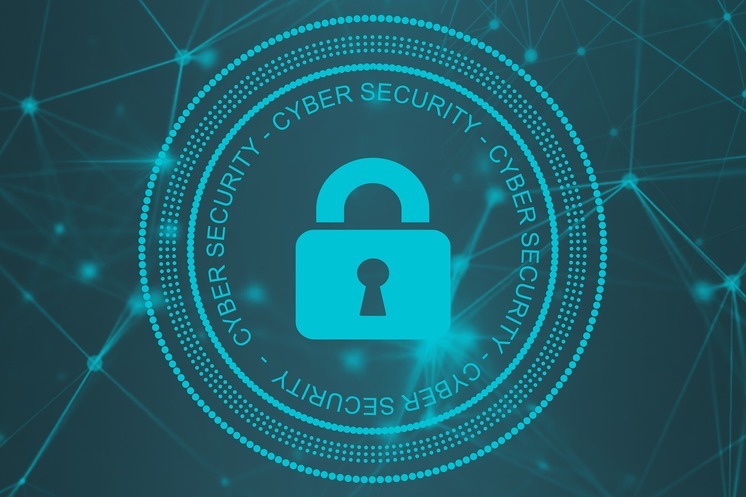


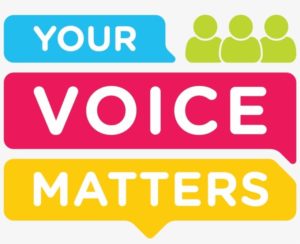
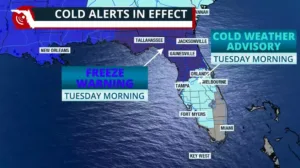


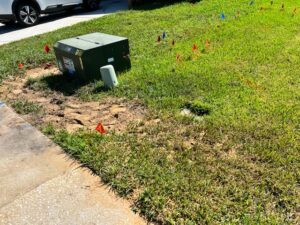
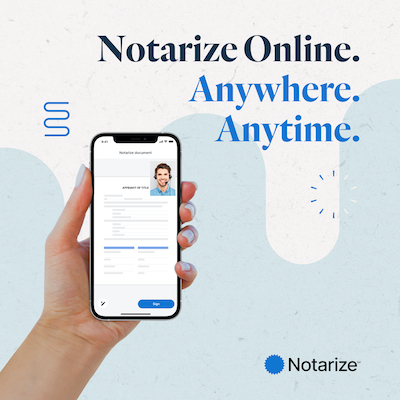
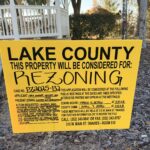



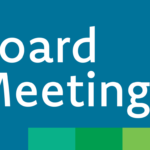





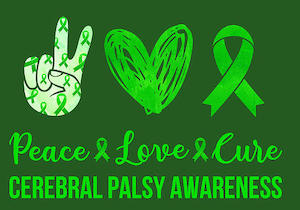
Add comment
You must be logged in to post a comment.